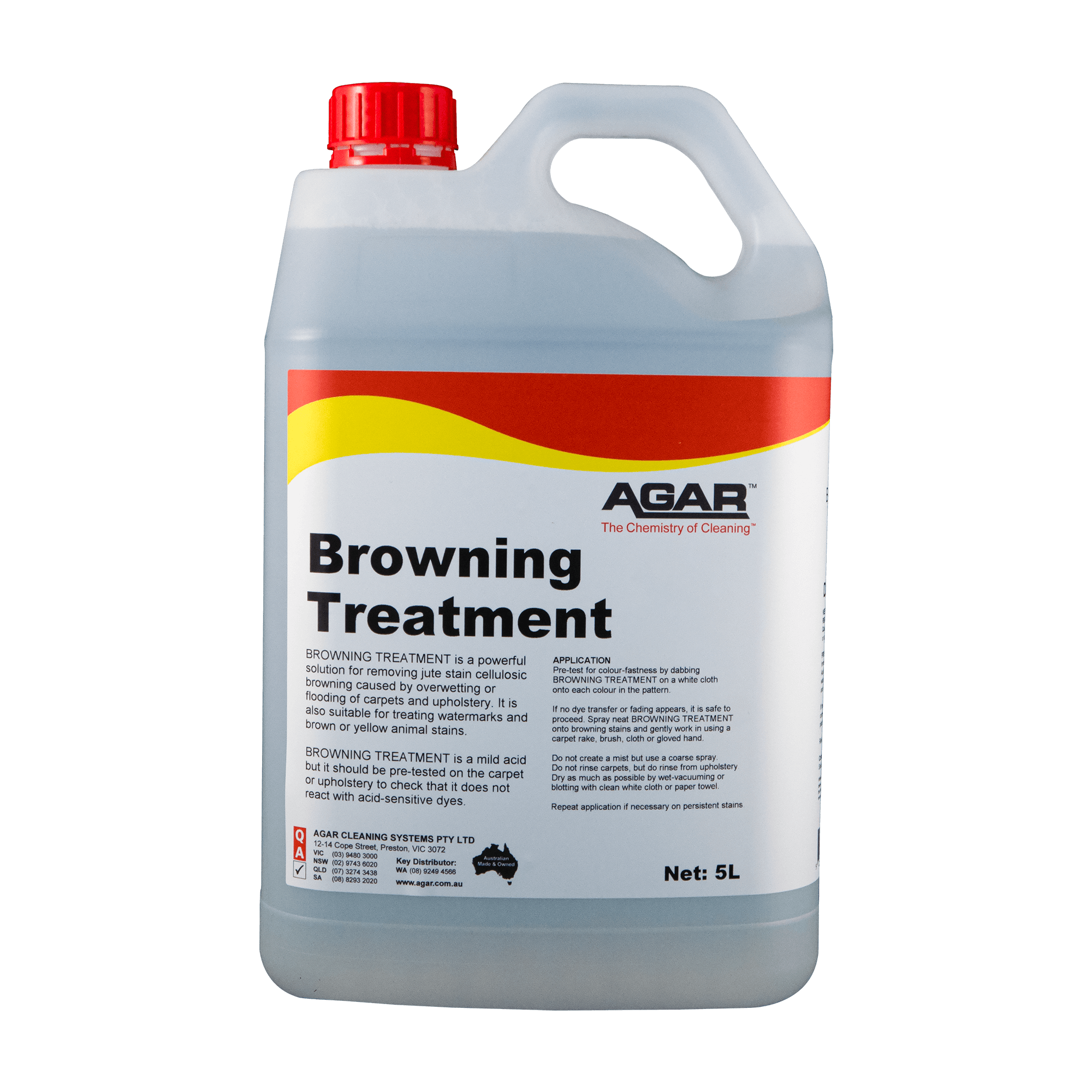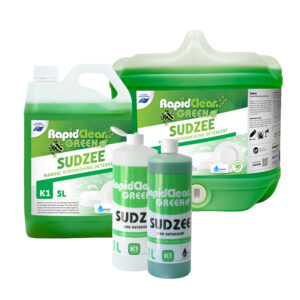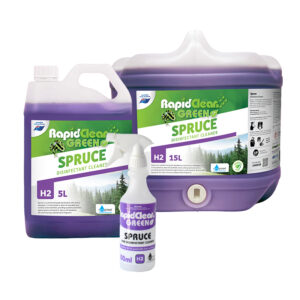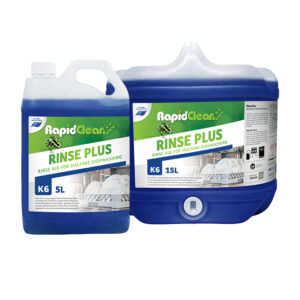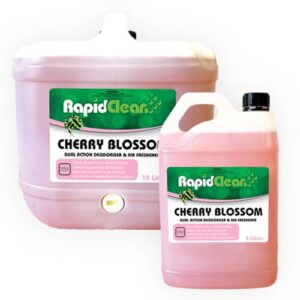Browning Treatment
What is Browning Treatment?
BROWNING TREATMENT is a powerful liquid treatment for removing jute stain cellulosic browning caused by overwetting or flooding of carpets and upholstery.
How Does It Work?
When a cellulosic fibre such as jute, cotton or linen is wet with water and allowed to dry very slowly, a brown discolouration often appears at the point where the evaporation of the moisture takes place. This brown colour is known as cellulosic browning. It results from the degradation of cellulose and is a similar discolouration to the yellowing that occurs as a newspaper yellows with age. Most carpets contain one or more cellulosic fibres. For example, in tufted carpets jute is used as the primary or secondary backing. Some rugs are made entirely of cotton. Consequently, when these carpets or rugs are cleaned by shampooing or by hot water extraction they may develop browning when they dry because the moisture may carry brown cellulosic matter up onto the fibres.
When does browning occur?
Browning can only occur if three factors are present: 1. A cellulosic fibre, 2. Moisture, and 3. Slow drying. If the water used to clean the carpet comes into contact with cellulosic fibres (eg. in the jute backing) then a small portion of cellulosic material may dissolve and be carried up the tufts by a wicking process as the carpet dries. As the last of the water evaporates, the tips of the tufts may become badly discoloured with brown stains. The slower the drying, the more browning that will occur. This is because the moisture evaporates from the tips of the tufts and the brown discolouration is carried right to the top of the carpet. Over-wetting a carpet increases the risk of browning. On the other hand, if the carpet is dried quickly, then the tips of the tufts dry out first and browning is prevented from rising or wicking out.
How do you recognise browning?
Spread the pile apart and observe the location of the brown colour. If it is browning, it will be located on the highest part of the carpet: the tips of the tufts on a cut-pile carpet or on the sides of the fibres if the pile has been flattened by traffic (still the highest part of the carpet). Browning may appear as random circles of yellow-brown patches evenly distributed over the carpet. Soil will tend to hide browning. Browning has a tendency to darken in colour with time as it oxidises and develops.


